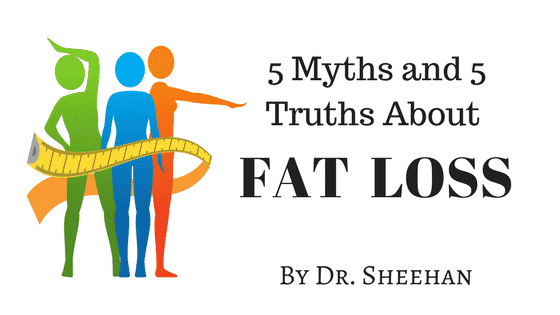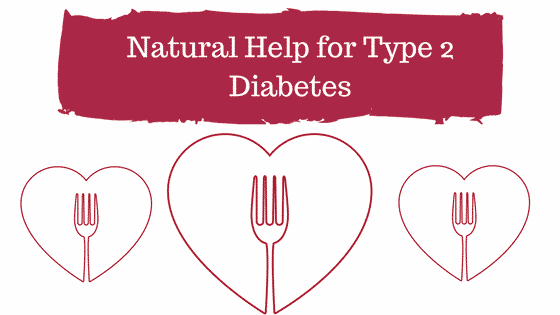7-year-old Female – Tired, Shy, Stomach Hurts
When Regina came to see me in February, she looked like a healthy seven-year-old female. I asked her mother why she thought Regina needed my help. To which her mother replied “Regina always seems tired, really quiet, and her stomach hurts. She seems really shy, but is that normal? The doctors checked her for mono and Lyme disease, but nothing came up positive. Can you help her?” I replied that I would need to see her blood tests and do my own Nutrition Response Testing exam, but I would try to help her.
What Her Previous Blood Tests Showed
I looked at her bloodwork and noticed that Regina had indeed tested negative for mono and Lyme disease. However, on her blood tests, which were very basic and not that complete, you could tell that Regina had high-normal white blood cells, and low-normal hemoglobin, hematocrit, and increased red blood cell distribution width. These three lab test would be consistent with subclinical anemia, and subclinical iron deficiency, along with subclinical B vitamin deficiency, but they weren’t quite definitive. She also had low normal iron, ferritin, and iron saturation, all tests consistent with iron deficiency. I asked Regina’s mother, “why didn’t they look into this further?” To which she replied, “I don’t know!” So, I decided to run a more extensive blood panel to test my theory. Could it be that Regina was just very iron deficient? Could it really be that easy and simple? I had a hard time believing it, so I decided to order the test.
The Case of the Missing Lab Tests
When I got the results of the lab tests, it was worse than I thought. Regina had low hemoglobin, low mean corpuscular hemoglobin, low mean corpuscular hemoglobin concentration, low normal red blood cell distribution width, low normal red blood cells, low white blood cells, and a white blood cell pattern indicating possible chronic infection. She also had even lower iron saturation, ferritin, and iron. The iron saturation was so low that I even got a red alert sent to me by the lab! Most people don’t know what these all mean, but to sum it up, these tests all point towards severe iron deficiency. And the thing causing all this? Extremely low iron, and iron saturation.
It’s Simple Nutritional Deficiency…Again!
To understand Regina‘s case, you have to understand that before someone becomes anemic, their body will deplete their iron stores in an effort to keep up the production of red blood cells. Regina‘s body had expended all of its iron in an effort to keep up red blood cell production, as well as white blood cell production, and was actually running out of raw materials to make red blood cells. No wonder she was so tired! All we had to do was give her liquid chelated iron, and some immune system supplements, and she started feeling better immediately.
Too Many Simple Cases Being Missed for Lack of Proper Testing
The big question though, is why was this missed? To be honest, I don’t know. Were the doctors just waiting for her to get worse before they’d do anything? The same patterns that I saw with her bloodwork were also evident in the blood test she had run by her medical doctor previously. I can’t fathom why they did not know that Regina was simply iron deficient and do something about it. It blows my mind. One thing I can tell you, however, is that after seeing thousands of new patients, it’s common that the lab tests run by medical doctors tend to be shortened versions of what they really need, and that things tend to be missed a lot of the time. That’s why every new patient here at my office has a complete bloodwork run. We don’t want simple cases being missed for lack of testing.
And a Happy Ending to This Story!
Today, I hear reports that Regina has much more energy, isn’t shy anymore and talks a whole lot more. I get many thanks, and I’m humbled by how easy it was to help her. And all just by giving the patient exactly what she needed—a little iron and immune support!
Sincerely Yours,
Keith Sheehan, D.C.
P.S. Two of the best ways to find the root causes of hormonal imbalance are Functional Medicine and Nutrition Response Testing. In combination, these methods work beautifully. Blood tests provide valuable information on what problems to look for and what to do about it. Nutrition Response Testing helps to fine-tune your program and even find issues that blood tests will miss.
Related Articles

Paleo Chocolate Chip Scones
Paleo Chocolate Chip Scones ½ cup coconut flour ¼ teaspoon celtic sea salt ¼ teaspoon baking soda ¼ cup coconut oil ¼ cup honey 4 large eggs ½ cup (about 3 ounces) dark chocolate chunks, coarsely chopped In a food processor , combine coconut flour, salt and baking...

Easy Meatloaf
Easy Meatloaf 2 lbs lean ground beef 6-8 oz Portobello mushroom caps 2 eggs 1/2 cup medium hot salsa 1.5 tsp sea salt 1 tsp pepper Preheat oven to 375 degrees. Mince mushroom caps in a food processor until very fine. In a large bowl, stir together minced mushrooms,...

What You Need to Know About Heartburn
Heartburn is a common complaint we see. Here’s what you need to know about how to help with heartburn. Here are somethings you need to know about heartburn: 1. The person has to get down their refined food. To distress the digestive tract and liver. Especially flour...

Good Fats & Bad Fats
Here's a way to figure out what fats are best for you: look to see how they occur in nature. If they occur in nature, and we have eaten them in our diets for the past several hundred years, they’re most likely fair game. Indigenous tribes (not touched by our Western...

5 Things You Can Do to Improve (or in most cases, reverse!) Diabetes
If you’ve been diagnosed with diabetes, you might be wondering what you can do to help it. Personally, in our office, when we have put a patient with Type II diabetes on a personalized diet and supplementation program, we’ve seen people dramatically reduce their...
I hate vegetables. Help!
What do I do if I hate vegetables? I know I have to eat them for better health, but they don’t taste that great, and boring! Listen, I know what it’s like to know that I need to eat more veggies, but I don’t have the time to cook them, or even eat them in the...

Types of Carbohydrates (from a blood sugar point of view)
When people come in to my office, and we start talking about diet, and we start talking about carbs, they invariably say “are all carbs bad for you?” This is a difficult question to answer, because it’s not about bad or good, it’s about what carbs your body need and...

11 Ways to Lower Insulin
So by now you’ve probably watched a number of my videos, and/or read my articles, and know that we mainly focus on cutting down refined carbohydrates and sugars in the diet, to cut down the body’s secretion of insulin, to help return your health. You know high...

Fat Loss Myths
With so many people trying to lose weight these days, it’s no surprise that there’s a lot of information (and much more disinformation about the subject). Here’s five myths, and five truths I hear spouted over and over again by people who don’t understand physiology...

Dr. Sheehan’s Natural Help for Type 2 Diabetes
Do you, or a loved one either have Type 2 diabetes, or what is called Pre-Diabetes, aka Syndrome X? I have a lot of patients coming in with these two disorders, so before I talk about it, I decided to look into exactly what the American Diabetes Association is saying...

